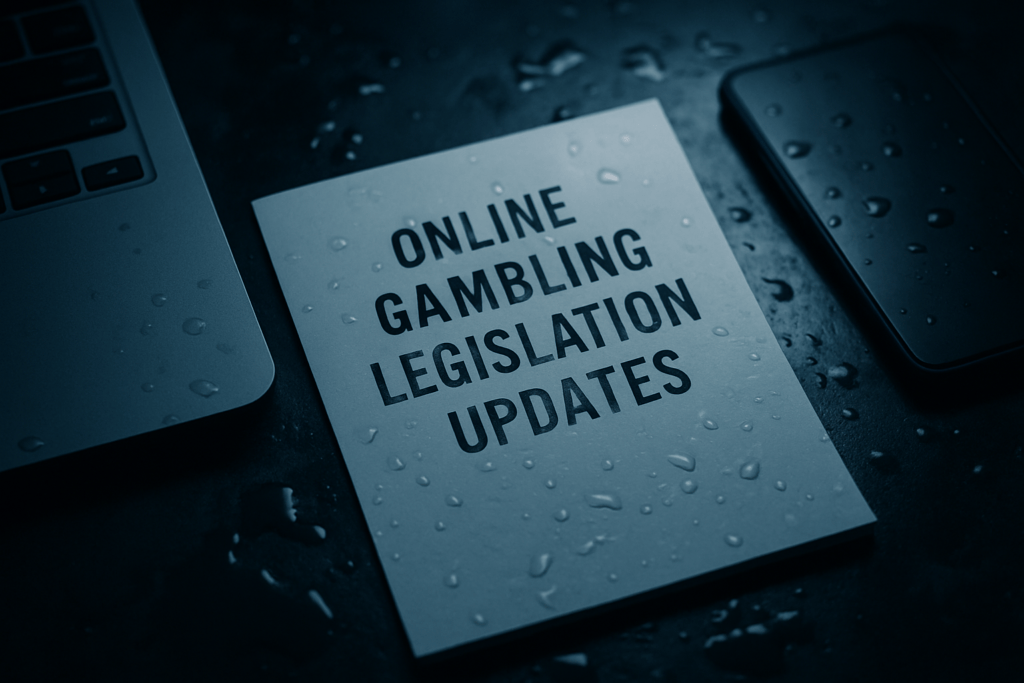Understanding Horizon Scanning
Organizations constantly face new regulations, making it essential to anticipate changes. Horizon scanning offers this advantage, enabling businesses to stay ahead.
Defining Horizon Scanning
Horizon scanning involves monitoring and analyzing emerging trends, threats, and opportunities.
This proactive approach identifies potential future developments. It’s not about predicting the future but preparing for it based on current signals.
Its Importance in Regulatory Frameworks
Regulatory frameworks provide the rules within which businesses must operate. Horizon scanning identifies upcoming regulatory changes, allowing organizations to adapt their strategies.
By understanding potential regulatory shifts, businesses can ensure compliance and maintain their competitive edge.
For example, anticipating changes in data privacy laws can help companies enhance their security measures in advance.
Key Regulatory Topics for 2024
Several regulatory topics are expected to shape the landscape in 2024. Staying informed about these changes is crucial for businesses to remain compliant and competitive.
Advances in Digital Privacy Laws
Digital privacy laws continue to evolve, driven by increasing data breaches and public concern.
Regions like the EU with GDPR and the US with CCPA lead these changes. Companies must upgrade their data protection strategies and systems.
Environmental Regulations and Sustainability
Environmental regulations target carbon emissions, waste management, and resource efficiency. Businesses should focus on sustainable practices and adhere to regulations like the Paris Agreement commitments.
Financial Regulations and Compliance
Financial sectors face tighter regulations to prevent fraud and ensure transparency.
Key areas include anti-money laundering (AML) rules and Know Your Customer (KYC) requirements. Companies need robust compliance and risk management frameworks.
The Impact of Technological Innovations
Technological advancements are transforming regulatory landscapes. Businesses must keep abreast of these changes to stay compliant.
AI and Machine Learning

Artificial Intelligence (AI) and Machine Learning (ML) are reshaping regulatory policies. AI-driven tools enhance data analysis, identifying compliance risks swiftly.
ML algorithms predict potential regulatory breaches, allowing preemptive actions. For example, financial institutions use AI to detect fraudulent transactions in real-time.
Regulatory bodies are increasingly adopting AI for enforcement.
This raises the need for transparent AI models to ensure fairness and accountability.
Companies leveraging AI must maintain data integrity and comply with evolving standards. Missteps can lead to hefty fines and reputational damage.
Blockchain in Regulatory Environments
Blockchain technology offers secure, transparent transaction records.
This innovation aids regulatory compliance by providing immutable audit trails. For instance, supply chain management benefits from blockchain’s traceability, ensuring product origin authenticity.
Regulators are exploring blockchain’s potential to streamline processes.
It can reduce paperwork, minimize errors, and enhance transparency.
Organizations adopting blockchain must understand its regulatory implications. Compliance with data protection laws and cross-border regulations is crucial.
Blockchain adoption presents challenges, including regulatory uncertainty and interoperability issues. Businesses should collaborate with regulators to establish clear guidelines.
This collaboration aids in developing frameworks that harness blockchain’s benefits while ensuring compliance.
Strategies for Staying Informed
Staying ahead of regulatory changes requires a strategic approach. Using the right tools and engaging in collaboration, you can ensure you’re always in the loop.
Tools and Resources for Effective Scanning
Various tools improve your horizon scanning efforts for regulatory changes.
- Regulatory Databases: Platforms like LexisNexis and Westlaw provide updates on regulatory developments.
- Government Websites: Official sites, such as the Federal Register or the European Commission’s website, offer timely updates.
- Subscription Services: Services like RegLens offer regular updates tailored to specific industries.
- AI-Powered Tools: Solutions like IBM Watson can analyze regulatory trends and forecast changes.
These resources provide the data and insights needed to stay compliant and competitive. For instance, using LexisNexis, a small business can track environmental regulations to ensure they meet new sustainability standards.
Collaboration and Networking
Engage with peers to stay informed about regulatory changes.
- Industry Associations: Groups like the National Association of Manufacturers provide forums for discussing regulatory issues.
- Professional Networks: LinkedIn groups and other professional networks offer platforms to share insights and updates.
- Compliance Conferences: Events like the Annual Anti-Money Laundering Conference present opportunities to learn from experts.
- Regulatory Bodies: Establish connections with bodies like the SEC or EPA to receive direct updates and guidance.
By leveraging these networks, you gain immediate insights and practical advice.
Participation in the National Association of Manufacturers, for instance, ensures you’re updated on manufacturing regulations, helping you adapt quickly.
By using these strategies, you maintain a proactive stance toward regulatory compliance.




